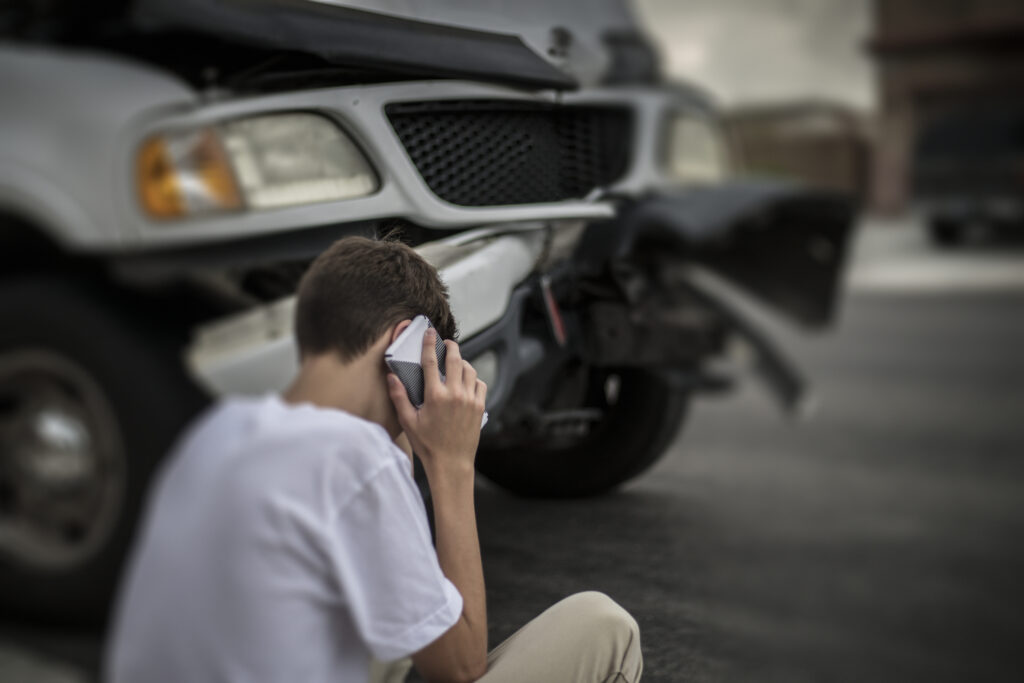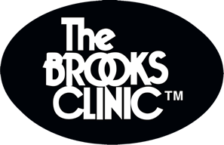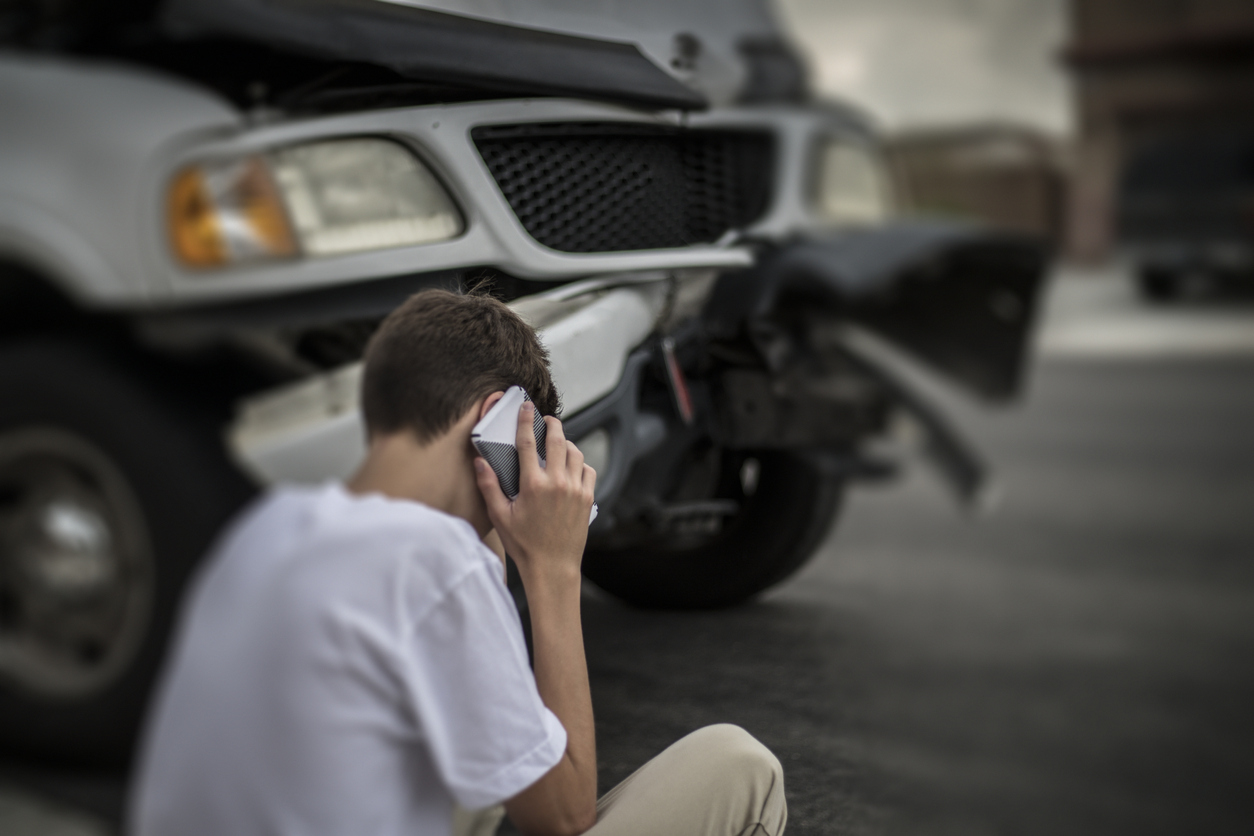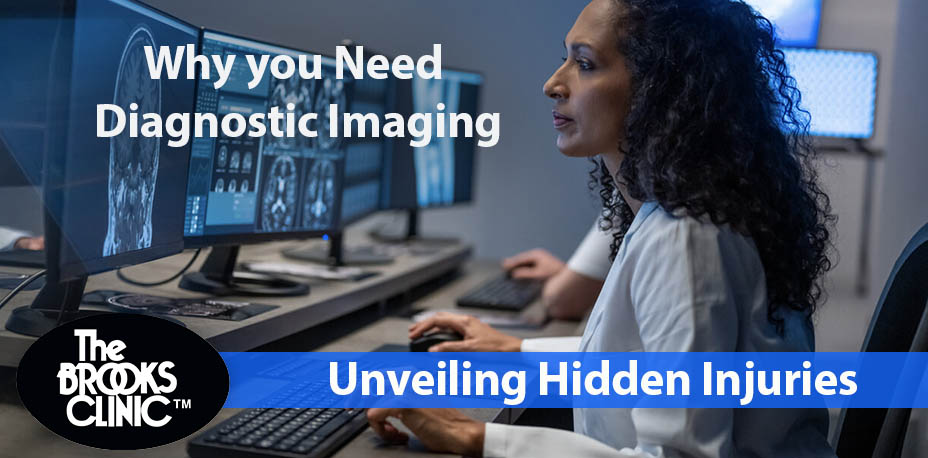 Your Auto Injury Insurance Claim – A Heads Up!
Your Auto Injury Insurance Claim – A Heads Up!
An auto injury insurance claim can be a frightening experience, especially when someone is seriously injured. In the midst of an accident’s aftermath, trying to make sense of what has happened and assessing the damage, many details can fall through the cracks or be misinterpreted. While ensuring that everyone is safe should be the primary concern, too often the involved parties are also trying to gather data, make phone calls, recreate the sequence of events and place blame. And somewhere in all this activity, there is the call to your insurance company. As an eyewitness to what happened, your story will help determine how insurance companies will process claims, blame and damage. Here are some helpful tips to consider when you are talking to your insurance company after a car accident.
Safety First
When the police arrive – and it is always best to call the police – their first priority is to make sure no one is in harm’s way. They will secure the area and ensure everyone is at a safe distance from oncoming traffic. Perhaps your call to the police (or 911 if it is an emergency) will have brought with it first responders who will take care of any injured personnel. Law enforcement, in turn, will survey the area and also ensure that everyone remains calm in case tempers fly. When you call the insurance company, they likely will ask if the police are involved. The answer should be yes.
“Just the Facts”
When speaking with your insurance company about your auto injury insurance claim- as well as the police, don’t volunteer any extra or unnecessary information, don’t try to guess what someone else was thinking, don’t hypothesize. Simply recount the facts as best you can of the accident as they occurred, truthfully, from your honest recollection. Lying, blaming or embellishing will serve no purpose when facts come to light. If for some reason memories of the event are hazy, say so. If the accident happened so fast, things are not exactly clear, say that too. Then don’t say anything else. If you are asked questions, your answers should be short, to the point, honest and thoughtful.
Talking About Your Auto Injury Insurance Claim
Never admit fault or assume blame. Let the police arrive at their conclusion in their own time. Answer questions truthfully but do not be a pushover. However, if the other driver says something happened differently than it did, by all means speak up and say that was not how you recalled the accident. And, while you may think you are at fault, the law might see it otherwise. Was the other driver glancing at his cell phone? Did you swerve to avoid a pedestrian? Did the other driver demonstrate road rage? Few accidents are clear cut, so keep quiet and let the police gather their data.
Don’t Say You Are Fine
Yes you appear fine. You are and your family thankfully are not seriously injured and are able to walk away from the accident. But know too that injuries like whiplash, herniated discs, internal bleeding, head injury and joint damage don’t always present right away – especially when adrenaline is flowing immediately following the accident. Never state there are no physical injuries at the scene. Let a few days pass to more accurately assess any physical symptoms following a crash and confirm these suspicions with a qualified medical professional. If there are injuries be ready for a slew of medical and diagnostic testing. If you are referred to a doctor who works with an insurance company, remember, insurance companies are there to validate and settle claims, not serve as a sounding board.
Helpful Hints
- Buzz Words: It’s possible to ache and be banged up, just never say the “whiplash” to an insurance company. It raises red flags on their end. Let your medical doctor determine the extent of the injury and what kind. If it is whiplash, you will have proof.
- You may not be fine after all. Never say everything is fine, with no injuries to report. Soft tissue damage can present days, weeks and even months later. Don’t eat your words after it’s too late. A doctor familiar with auto accident injuries should make that final determination.
- Sorry Not Sorry. The word “sorry” creates the illusion of being at fault, especially to the other driver and insurance company. A person that keeps apologizing broadcasts an image of being guilty.
- Stay off the record. Do not permit anyone to record any conversation. Yes, eventually the insurance company will need a recorded statement. Just get all the various ducks in a row before giving consent to be recorded.
- Record the scene. If it is safe to do so, take as many pictures of the scene as possible and jot down notes. Things like visibility, skid marks, damage to your vehicle, license plates, insurance cards, etc., as well as distance from signs, road conditions and car positions can fill in many blanks if you find it hard to recall or you have to pursue any case in court.
- Have an insurance check-up. With certain luxury cars base priced at more than $200,000, do you have enough coverage to cover a total loss? At your earliest convenience, set up time with your insurance agent or carrier to do a policy check-up. You may save money with items like active restraints, daytime running lights, vehicle theft devices and multiple car discounts. Likewise, discounts are often offered if a child is away at school or a car is not being driven due to it being in storage or in need of repair. If being properly insured is a weight financially, weigh the risk of not having enough to cover tremendous property, bodily, and employment losses. Then speak with your agent before the unspeakable should happen.
Your Doctor is on Your Side
If you are doubtful about insurance companies being on your side, never doubt that about your doctor, especially at The Brooks Clinic. We have treated victims of all types of accidents and know the signs and symptoms to look for. Don’t let a doctor, unfamiliar with treating accident victims, give you a clean bill of health only to have an issue show up later. At The Brooks Clinic we treat accident victims with zero upfront costs, so if a car accident has left you feeling less than optimal, seek the professional assistance of someone who can help. Call The Brooks Clinic at (405) 943-0303 or click here and schedule an appointment online.




